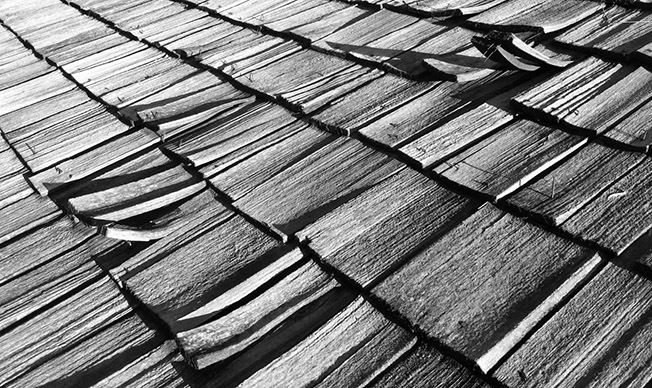Home Defects
Bought a Home With Defects? Who’s Responsible?
Shortly after moving into a new home you discovered your dream home is now a nightmare. There is water leaking from the roof, seeping in from the foundations, cracks in the foundation causing the floor to lean, mechanical systems not working, termites chewing the wood, etc. You call contracts and these repair professional tell you it will costs substantial sums to fix the problem. This financial responsibility may not be yours alone and you may even be able to make the former owner buy it back.
Who’s Responsible?
What if something was wrong with the property at the time you bought it, and someone — the seller, the realtor, or the inspector — could or should have told you about it but didn’t? These problems may come to light days, weeks, or years later. Who should bear this financial burden? The typical casts of defendants are:
- The seller. Illinois law requires sellers to advise buyers of certain defects in the property, typically by filling out a standard disclosure form before the sale is completed. (This responsibility remains even if you bought the house “as is.”) The standard form requires a seller to disclose to the buyer if he was aware of around 20 conditions in the property. These conditions are such things as flooding; seepage issues; foundation problems; problems with the windows, doors, floors; problems with the heating and air conditioning system; problems with the electrical system; radon; termites; lead paint or water; underground storage tanks; building code violations; and even if the property was previously used to manufacture illegal drugs. If you can prove that the Seller knew about these problems and then lied to you, then the Seller is obligated for your damages including your attorneys’ fees.
- Examples I have encounter are water leakage in the basement covered up by wood paneling, termite damage covered by wood putty, drains that empty into the dirt under the floor. For violating the residential disclosure statement, there is a short statute of limitation but you can use the disclosure report to prove fraud which has a long statute of limitation.
- The real estate agent. Real Estate agents make their money selling homes to you and me. Realtors–like someone on a first date–put the best possible light on any aspect of the property. Realtors even representing the purchaser only make their money when the property closes. So there are financial incentives for a Realtor not to be as forthright as one would expect. Realtors are held liable if they recommend someone they know is an inadequate home inspector; if they know of a defect and do not tell that to you; made false statements about the property.
- Your home inspector. Hopefully, you got a home inspection before buying. In theory, the inspector should have spotted problems that the seller wasn’t even aware of. If the inspector missed problems that an expert should have noticed, the inspector may be liable. Read over your inspection report to see what it said about the area in question. Some buyers are embarrassed to find that the problem is spelled out right in the report, or that the problem falls within an area that the inspector rightfully excluded from the report. Additionally most inspectors have you limit your claim against them to the amount of the fee paid.
Litigation is expensive and time consuming.
Litigation is expensive and time consuming. Lately the costs have escalated with a concept called discovery. Discovery is a process where both sides get to discover facts from the other side by asking questions and taking depositions. Additionally in all my experience no owner has ever admitted that he lied and actively covered up matters. So expert witness is retained. This expert witness will explain to the court that the seller knew about his condition from living in the property.
Legal Theories in Filing a Lawsuit
If you aren’t able to resolve your dispute with one of the methods above, you’ll have to decide whether to file a lawsuit. If the problem will cost less to repair yourself than to pursue in court, you might as well chalk this one up to experience. If not, however, you shouldn’t have to pay for someone’s outright lies or shoddy work.
Some common theories I have sued sellers for this are:
- Failure to disclose a material defect
- Negligence misrepresentation
- Fraud
- Breach of contract
- Breach of warranty
- Rescission–requiring the seller to buy back the property.
.


